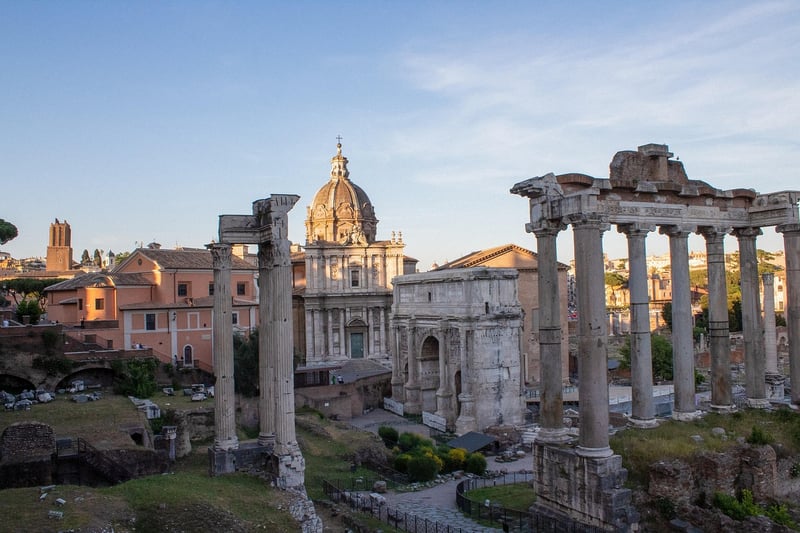Historical Integrity
The Intersection of Consequences, Morality, and Historical Integrity
In the realm of ethics and history, the concepts of consequences, morality, and historical integrity play crucial roles in shaping our understanding of the world and our actions within it. Let's delve into how these elements intersect and influence each other.
Consequences
Consequences refer to the outcomes or results of our actions, decisions, or events. In ethical terms, considering the consequences of our actions is essential in determining the right course of action. This concept often ties into the ethical theory of consequentialism, which asserts that the morality of an action is judged by its consequences.
Understanding the potential consequences of historical events or decisions can help us learn from the past and make informed choices in the present. By examining the repercussions of past actions, we can strive to avoid repeating mistakes and work towards creating a better future.
Morality
Morality encompasses principles of right and wrong behavior, guiding individuals and societies in their ethical decision-making. Morality is often influenced by cultural norms, religious beliefs, philosophical teachings, and personal values. It serves as a compass for navigating complex ethical dilemmas and determining what is considered virtuous or ethical.
When exploring historical events through a moral lens, we can analyze the actions of individuals or societies in light of prevailing ethical standards of their time. This examination allows us to reflect on the evolution of moral values and consider how they have shaped our present understanding of right and wrong.
Historical Integrity
Historical integrity pertains to the accuracy, authenticity, and truthfulness of historical narratives and accounts. It involves presenting historical events in a way that is faithful to the evidence and free from distortion or bias. Maintaining historical integrity is crucial for preserving the truth of the past and ensuring that future generations have access to accurate information.
By upholding historical integrity, we honor the experiences of those who came before us and gain a more profound understanding of our shared history. It allows us to appreciate the complexities of the past and recognize the diverse perspectives that contribute to a comprehensive historical record.
The Interplay of Consequences, Morality, and Historical Integrity
When we consider the intersection of consequences, morality, and historical integrity, we recognize the intricate relationship between ethical decision-making, historical accuracy, and the preservation of truth. Understanding the consequences of past actions informs our moral judgments and guides us in upholding historical integrity.
By examining historical events through a moral lens and acknowledging the consequences of actions taken, we can strive to maintain historical integrity and ensure that the lessons of the past are not lost to future generations. This intersection challenges us to engage critically with history, uphold ethical principles, and preserve the integrity of our collective narrative.
Remember, the choices we make today have consequences that echo through time, shaping the moral landscape of tomorrow and influencing the historical integrity of future narratives.

Explore more on the importance of consequences, morality, and historical integrity to deepen your understanding of ethics and history.
For further reading, refer to Consequentialism, Morality, and Historical Integrity.
